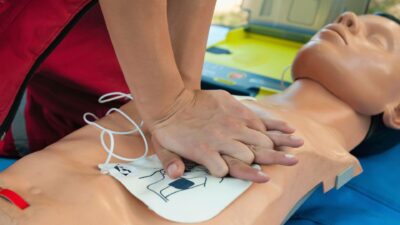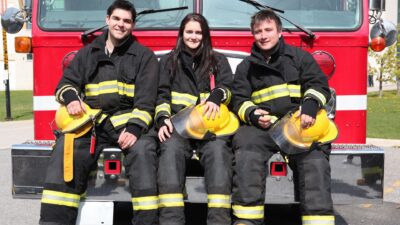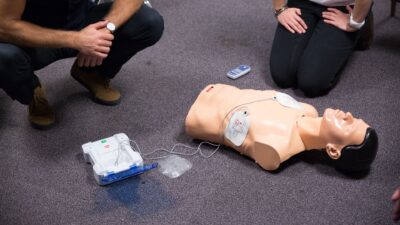
How to Use CPR Techniques in Conjunction with Other First Aid Skills
In emergencies, the ability to administer effective first aid can make the difference between life and death. While most people are familiar with the basics of CPR, it is essential to understand how this critical skill can be enhanced when combined with other first aid techniques. In this blog post, we will delve into the…
Read More







